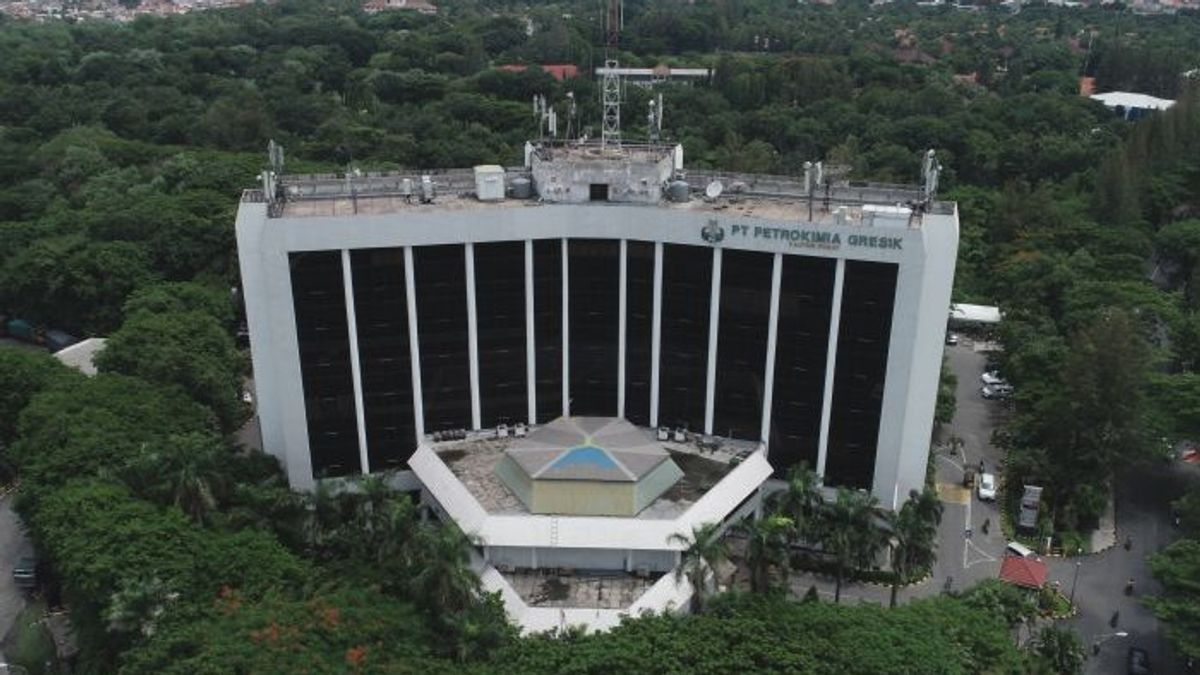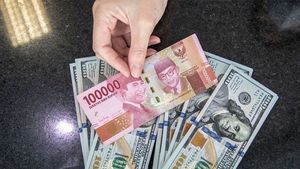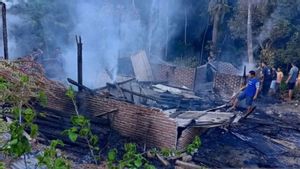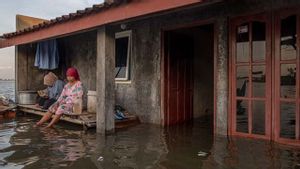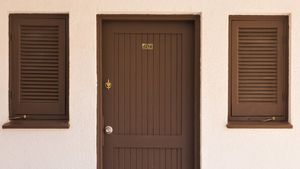JAKARTA - Petrokimia Gresik is preparing to build a fertilizer factory made by NPK (Nitrogen, Phosphorus, Potassium) in Jordan to anticipate high prices and the decline in global fertilizer supply due to the war in Europe.
Director of Petrokimia Gresik Dwi Satriyo Annurogo in Gresik, East Java, Wednesday, July 13, said that the raw materials for NPK which were affected by the European war were phosphate and potassium which were not available in Indonesia.
Therefore, said Dwi, in commemoration of the 50th Anniversary of Petrokimia Gresik at the Tri Dharma Sports Facility, Gresik, he said that the impact of the war in Europe was a challenge that Petrokimia Gresik now had to face.
Thus, the first strategy that was launched to maintain the supply of NPK in Indonesia was to build an NPK factory in Jordan.
This strategic step was taken with the holding of Pupuk Indonesia, to bring the NPK Petrokimia Gresik plant closer to the source of raw materials, so that it is expected to be able to streamline production costs.
This step, said Dwi, is also one of the efforts of six future business expansions, as an effort to maintain company sustainability, advance agriculture, and strengthen the national chemical industry.
Dwi explained that the second and third efforts were increasing national NPK productivity by converting the factory from a Phosphate fertilizer factory to a Phonska V NPK factory, as well as preparing for the establishment of a new Phonska VI NPK factory.
"These three efforts will not only secure national NPK productivity, but also strengthen Petrokimia Gresik's position as the largest NPK producer in Indonesia, even Asia. So that the opportunity for international market expansion is wide open, of course after meeting domestic fertilizer needs," said Dwi , reported by Antara.
Fourth, the company's business structure which is closely related to gas raw materials is also a concern of Petrokimia Gresik, and the company will conduct an exploration to obtain new gas supplies from the North of Java Island. The gas supply is planned to be used for the development of the Ammonia-Urea (Amurea) III plant or other developments.
"If Petrokimia Gresik succeeds in obtaining a new gas supply, the company can increase the productivity of Urea fertilizer through the development of the Amurea III plant. So that in the future we will not only be a leader in the NPK market, but also Urea," he said.
The fifth effort, he said, would not only focus on increasing fertilizer production, but also encouraging the progress of the national chemical industry. Among them is the construction of a Soda Ash factory with a capacity of 300,000 tons per year, by utilizing downstream products from the Ammonia-Urea factory in the form of CO2 which is processed into raw material for making Soda Ash.
"Later on, this will be the first domestically made Soda Ash product to help reduce dependence on imports of Soda Ash which reaches 1 million tons per year," he said.
The sixth effort is to upgrade to a Green Surfactant factory which has received a good response from the oil and gas industry after it was first marketed in 2021 yesterday.
"This product serves to increase the productivity of oil wells, and is even able to extract crude oil from the field or old oil wells that are no longer producing," he said.
He hopes that these six efforts will prove that Petrokimia Gresik is not only superior as a pioneer in fertilizer products, but also other products that can strengthen the structure of the national chemical industry.
The English, Chinese, Japanese, Arabic, and French versions are automatically generated by the AI. So there may still be inaccuracies in translating, please always see Indonesian as our main language. (system supported by DigitalSiber.id)
